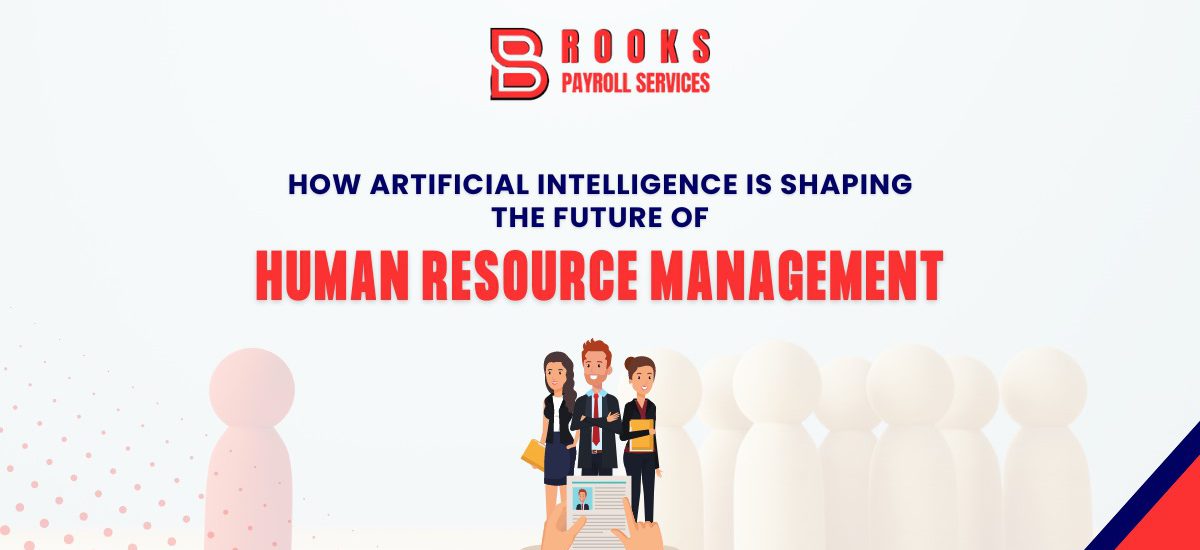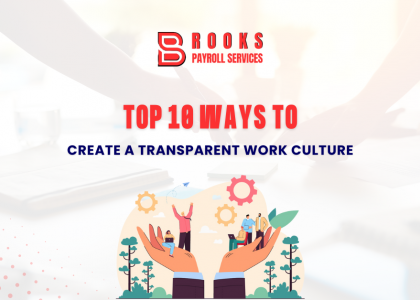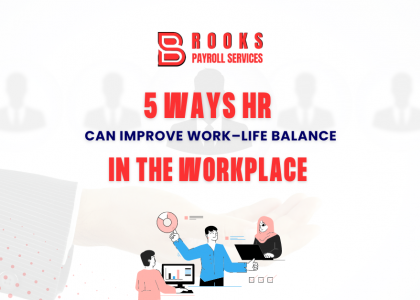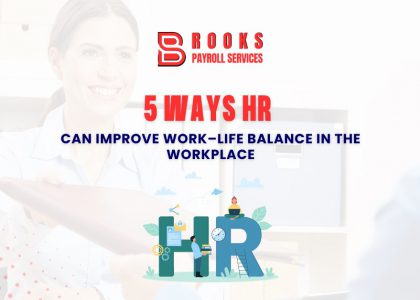Introduction: The Evolution of HR in the Age of AI
The landscape of human resource management (HRM) is undergoing a significant transformation fueled by technological advancements. As companies adapt to the latest innovations, HR is reinventing itself to efficiently manage people and businesses through the integration of technology and task automation.
The Role of Artificial Intelligence in HR
1. Embracing Change: AI and Job Dynamics
Explore the changing nature of work with the infusion of technology, emphasizing the diminishing boundaries between human and machine roles. Delve into how artificial intelligence is rendering certain job functions obsolete while elevating the importance of human skills like creativity and critical thinking.
2. Analyzing the Impact: AI in HR Functions
Highlight the pivotal role AI plays in HR departments, providing professionals with real-time trends and insights. Discuss how it aids in employee analysis and streamlining talent acquisition processes, transforming the operational dynamics of HR functions.
Why HR Departments Need Artificial Intelligence (AI)
1. Employee Recruitment Revolutionized
Examine the revolutionary impact of AI on the recruitment process. Discuss how automation reduces the man-hours dedicated to recruitment tasks, allowing HR professionals to redirect their focus towards strategic initiatives such as employee engagement, performance appraisals, and recognition programs.
2. Training and Development Enhancement
Explore the role of AI in crafting personalized training and development programs for employees. Discuss how AI tools match employee skills, facilitating internal hiring resources and bridging the gap between current skills and future industry needs.
3. Efficient Handling of Complaints
Highlight the efficiency AI brings to handling employee complaints through centralized platforms and live chat bots. Discuss the positive impact on reducing the volume of emails and phone calls, allowing HR personnel to address queries, offer follow-up suggestions, and resolve complaints effectively.
4. Automation of Administrative Tasks
Discuss the automation of monotonous and time-consuming administrative tasks by AI. Explore how AI handles tasks such as updating employee information, managing documents, drafting organizational rules, data entry, and legal compliance, freeing up HR professionals for more strategic responsibilities.
5. Influencing Decision-Making
Examine how AI tools contribute to decision-making by providing accurate information and analytics. Discuss the utilization of AI in conducting surveys, collecting employee feedback, and analyzing business-centric data to identify inefficiencies and inform strategic decisions.
Challenges in Adopting Artificial Intelligence for HR
1. Human-Machine Interaction Concerns
Address concerns regarding the challenges of human-machine interaction. Discuss the emotional and sensitive aspects lacking in AI algorithms compared to human interactions, leading to uncertainties among employees.
2. Fair Evaluation and Credibility Questions
Explore the questions raised by employees regarding the fair evaluation of their work and the overall credibility of AI systems. Emphasize the need to involve humans in AI processes to check algorithms and provide training for human-AI interactions.
3. Reskilling and Normalizing AI Integration
Highlight the challenges organizations face in preparing employees to collaborate with AI technology. Discuss the importance of reskilling employees in digital systems and normalizing the integration of AI fundamentals in HR to thrive in evolving workplaces.
Conclusion: Navigating the AI-Driven HR Landscape
Summarize the transformative impact of AI on HR functions, emphasizing its benefits and the need to address challenges. Conclude by highlighting the ongoing journey of organizations in adopting AI, empowering HR to navigate the dynamic landscape of the future.
Frequently Asked Questions (FAQs)
- How does AI impact employee engagement in HR functions?
- AI enhances employee engagement by automating routine tasks, allowing HR professionals to focus on strategic initiatives that contribute to a positive workplace culture.
- What steps can organizations take to address employee concerns about AI fairness?
- Organizations can involve employees in AI processes, ensuring transparency and fairness. Additionally, providing training on AI interactions can ease concerns and build confidence.
- How can AI contribute to organizational decision-making beyond HR functions?
- AI tools can be utilized across industries to conduct surveys, collect feedback, and analyze data for informed decision-making, not only in HR but in various sectors of the organization.
- Is the adoption of AI in HR a global phenomenon?
- Yes, the adoption of AI in HR is a global trend, with various countries exploring its benefits. In India, for instance, approximately 60% of workers in HR departments currently use AI systems.
- What is the ratio of female to male employees finding it difficult to adapt to AI systems in HR?
- In India, there is a trend where more female employees than males find it challenging to adapt to AI systems in HR, with about 60% of workers currently utilizing such technology.










